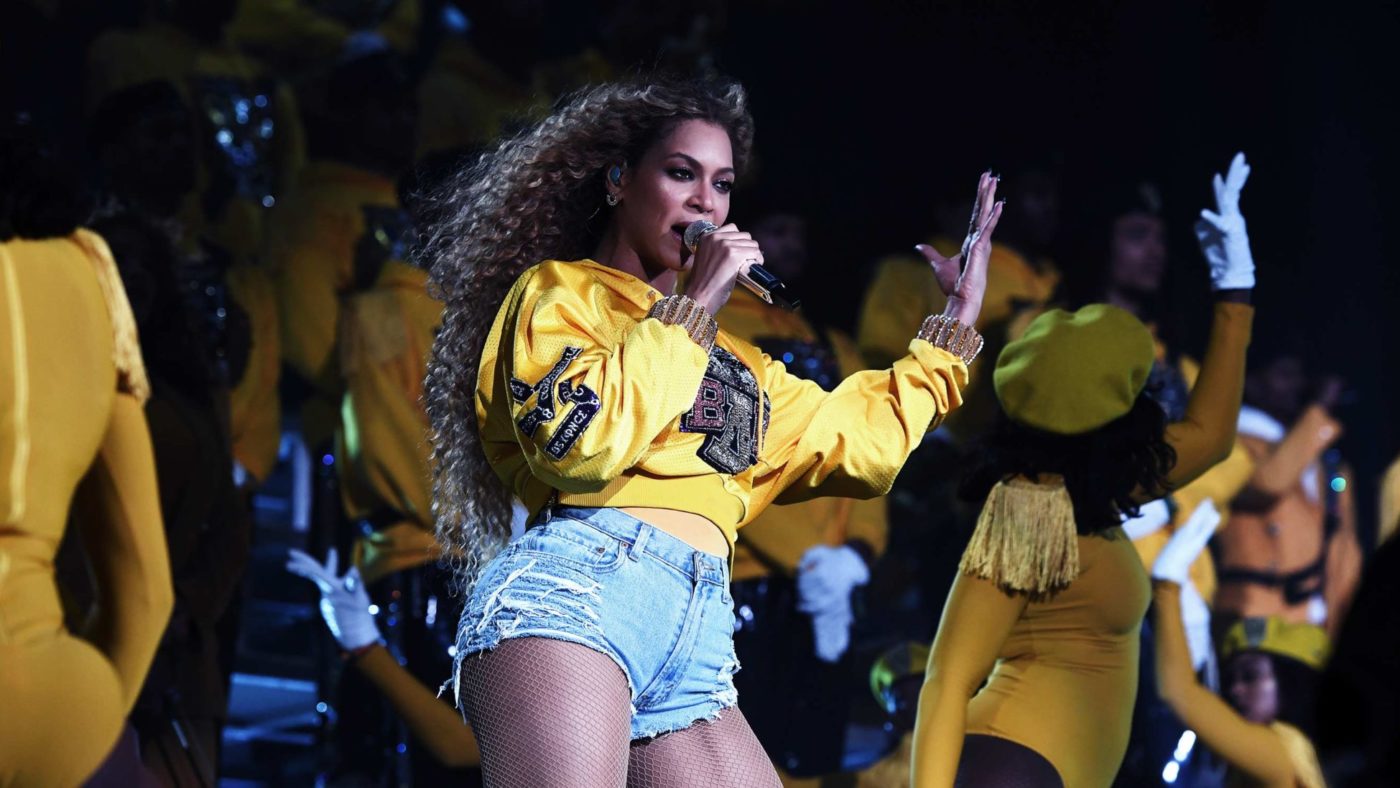Some people no doubt welcomed the news that Ticketmaster is closing down its secondary ticketing websites as an end to rip off prices for the next live music concert or big sporting event that they attend. However, the decision doesn’t change the one thing that means touts and secondary ticket markets will always exist: scarcity.
For a small number of the most popular events, demand for tickets is much greater than supply and there are a large number of consumers who would pay far above the face value of tickets. In other words, the prices consumers pay when tickets are released to the public are too low. Some system of rationing must exist to determine who will get the scarce tickets.
Either that occurs through prices, so that only the most willing (and able) customers pay higher prices. Or prices remain fixed, and the good is distributed via lottery, or some form of queue (such as signing up for a season ticket at Manchester Utd, and then having to wait for years before one becomes available for you to buy).
Although complaints about touts and reselling tickets may generate a lot of publicity, problems only arise for a tiny number of the most high-profile events. The data shows that the public can get access to face value tickets for almost all events. Even supposedly “sold-out” events will usually have a few tickets left over. For example data from Ireland shows that about 40 per cent of all tickets put on sale go unsold, and that less than 0.7 per cent of all tickets are resold in the secondary market.
Under-pricing of tickets creates a massive incentive for people to obtain tickets at close to their face value, and then resell the tickets to consumers who are willing to pay the most, pocketing the mark-up. This is what touts do and what secondary ticket markets facilitate.
This outrages many people, and you can understand why. For most people it doesn’t matter that touts or the secondary ticket market only exist because tickets are mispriced; they view such activities as the worst form of speculation, and as an exploitation of the public.
Nevertheless, the traditional view that many people hold of touts, as dodgy people hanging around theatres or sports stadiums offering tickets to passers-by may have been true in the middle of the 20th century, but in the modern day, reselling occurs mostly on established online platforms. These sites have their reputation to consider and so will usually offer customers a money-back guarantee if resold tickets don’t get them access to the event.
Furthermore, the secondary ticket market plays a key economic role: signalling to event organisers that tickets are under-priced, and acting as an efficient matching market without which the seller will be left with a ticket that they don’t need or want, while buyers are unable to get a ticket to the event they really want to go to.
Those markets, by allocating tickets by price, ensure that more hardcore fans get to attend the event more effectively than alternative methods of lottery or queuing.
Far better than banning reselling is to ensure that the market works. There does appear to be a problem with touts using automated bots to buy up large numbers of tickets, especially for the most popular events, which crowds out the general public. Therefore, the government should support existing industry efforts to combat this.
An alternative is for event organisers to experiment with different pricing mechanisms. They could follow the example of the musical Hamilton, whose producers have allowed the prices for premium seating to adjust closer to the market clearing rate. Alternatively, organisers could try selling tickets through a Dutch auction, where prices start high and gradually fall until all tickets are sold. This would remove the profit opportunity motivating touts, and prices would fall to a level which enough fans could afford, in order to sell out the event.
Finally, problems in the event ticket market could be alleviated if event organisers released a larger proportion of tickets to the general public. At the moment, especially for high profile events, organisers release less than 50 per cent of tickets to the public. The majority of tickets are given to insiders or corporate partners, some of which end up in the hands of resellers who have a commercial incentive to know how to play the game which ordinary fans lack. Releasing a larger proportion of tickets to the public would help to reduce scarcity, and if tied to new efforts to combat automated bots, this would help to ensure that more fans get tickets at or close to the face value price of tickets.
Of course, Ticketmaster have every right to run their business as they wish (provided they obey the law) and to shut down whatever parts of it they want. But if this news heralds the dawn of a new crackdown or prohibition on the secondary ticket market, then fans will have little to cheer about. It will only mean a less efficient market, with more fans left disappointed at not being able to obtain tickets and fewer events selling out.


